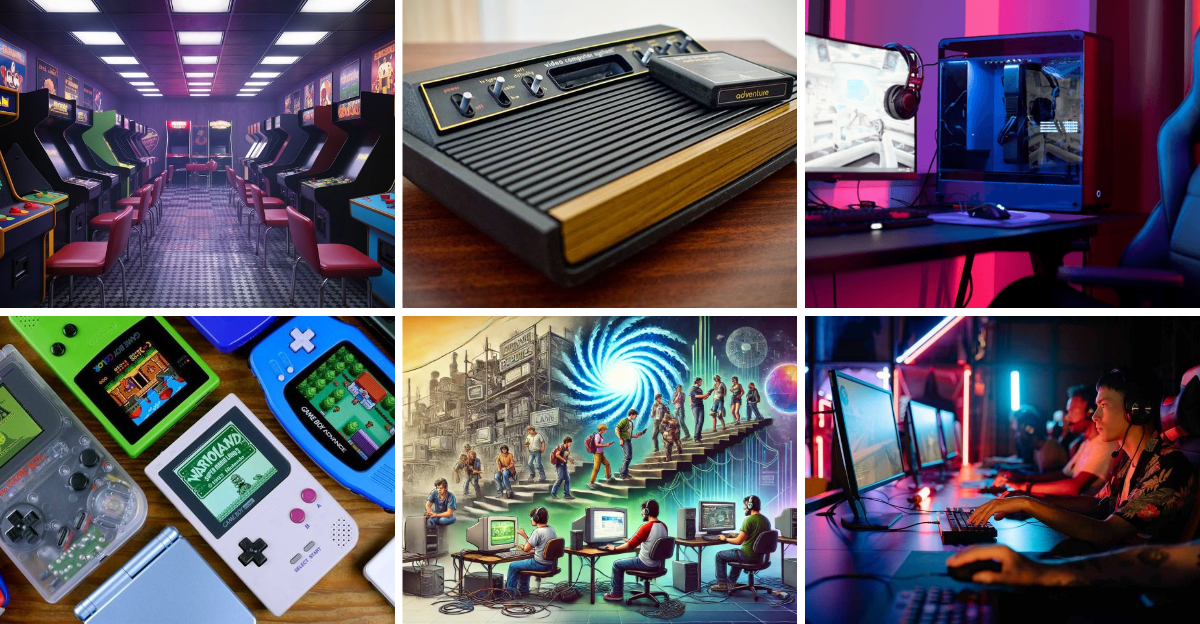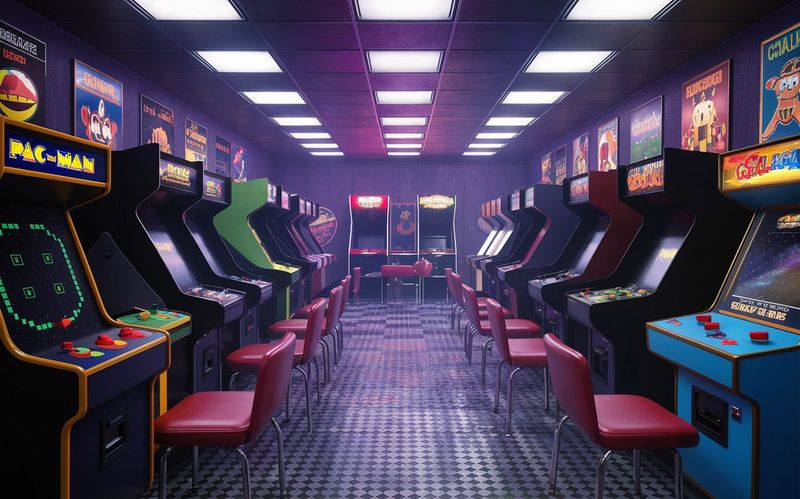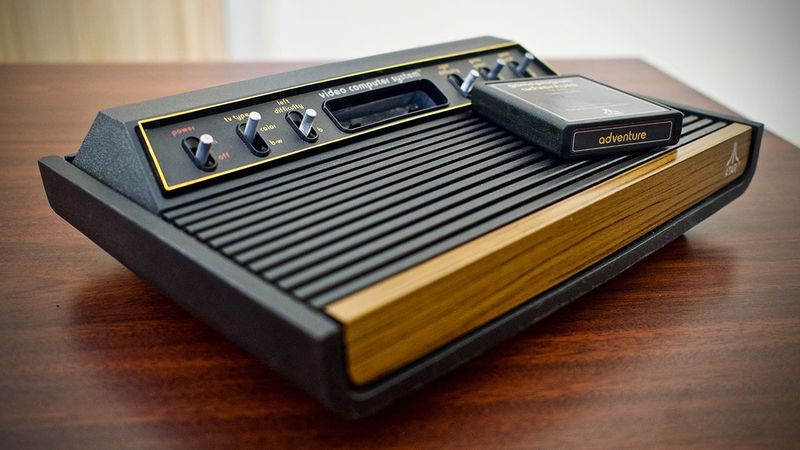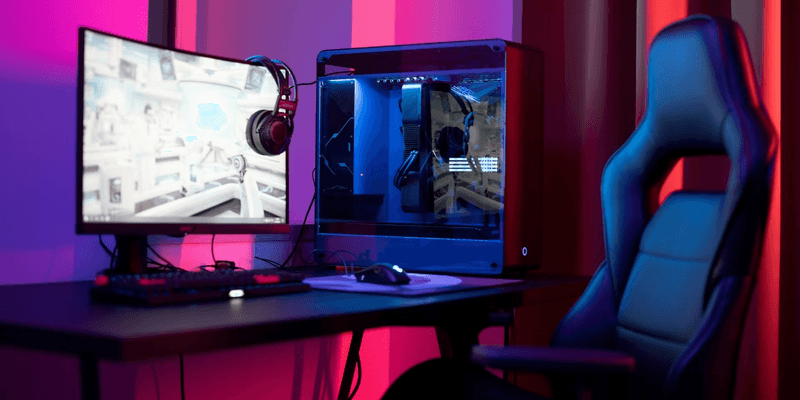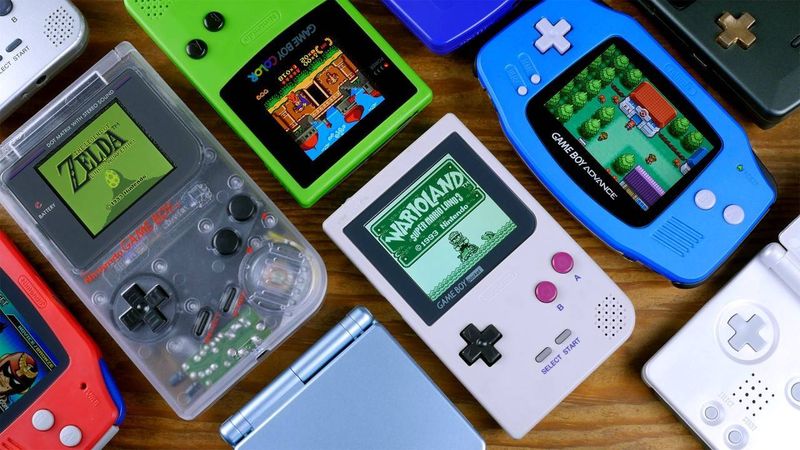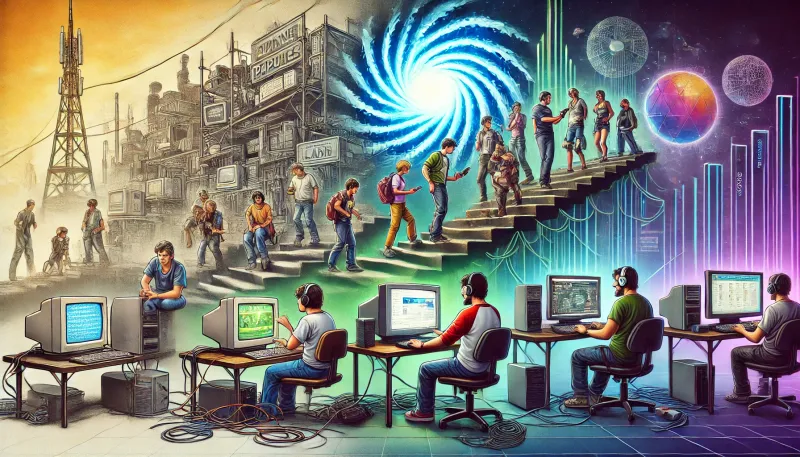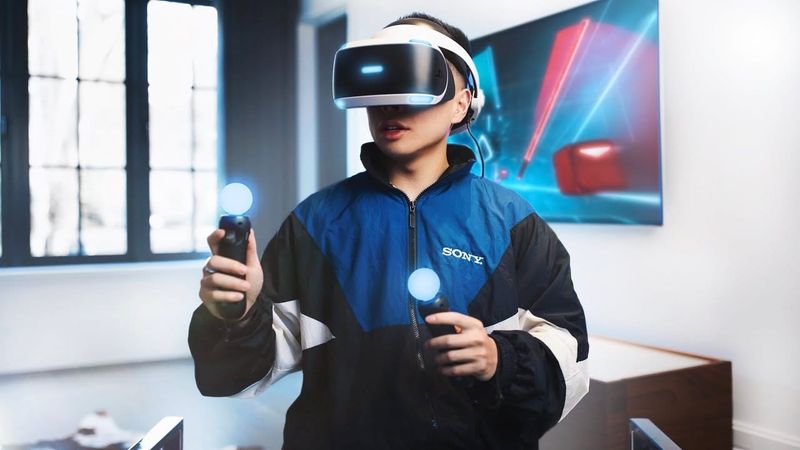Explore the transformative journey of gaming from classic arcades to the dynamic world of eSports. This blog post delves into nine pivotal aspects that highlight how gaming has evolved over the years, offering a nostalgic journey for some and an eye-opener for others. From pixelated screens to virtual tournaments, discover how gaming has become a cultural and technological phenomenon.
The Golden Age of Arcades
The 1980s marked the golden age of arcades, a time when gaming was a communal experience. Arcades were social hubs where people gathered to play iconic titles like Pac-Man and Space Invaders.
These venues were filled with the sounds of coins clinking and machines beeping, creating an immersive atmosphere. Players competed for high scores, fostering both friendly rivalries and new friendships.
Arcades were more than just game rooms; they were cultural landmarks that defined a generation. Their decline in the 1990s, however, paved the way for a new era in gaming.
The Rise of Home Consoles
The rise of home consoles revolutionized gaming, bringing entertainment directly into homes. The Nintendo Entertainment System, released in 1985, was a game-changer.
Families gathered around their televisions, enjoying titles like Super Mario Bros and The Legend of Zelda. Home consoles made gaming more accessible and affordable than ever before.
This shift allowed developers to experiment with storytelling and gameplay, leading to an explosion of creative titles. Home consoles laid the groundwork for the diverse gaming experiences we enjoy today, making them a pivotal moment in gaming history.
The Advent of PC Gaming
PC gaming emerged in the late 1980s and early 1990s, offering a different experience from consoles. With the use of personal computers, gamers explored vast worlds and complex simulations.
Titles like Doom and SimCity pushed the boundaries of what was possible, introducing genres that would become staples. The customization and upgradeability of PCs allowed for a unique gaming experience.
PC gaming fostered communities through early online forums and multiplayer games, paving the way for the interconnected gaming culture we see today. It was a time of innovation and creativity that reshaped the industry.
The Introduction of Portable Gaming
Portable gaming changed how and where people played games. The Game Boy, released in 1989, was a pioneer, offering gaming on the go.
Its portability meant players could enjoy titles like Tetris and Pokémon anywhere, from car rides to school breaks. This new freedom transformed gaming into a more personal experience.
Portable consoles became a staple, with advancements leading to more powerful devices. They allowed gaming to be a constant companion, shaping a new generation of gamers who valued flexibility and convenience in their entertainment choices.
The Internet and Online Multiplayer
The internet revolutionized gaming by introducing online multiplayer experiences. Games like World of Warcraft and Counter-Strike connected players worldwide.
Online gaming turned solitary play into a shared, interactive experience. Gamers could compete and collaborate with others in real-time, breaking geographical barriers.
This connectivity expanded gaming communities and led to the rise of eSports. The ability to play online changed the landscape of gaming, making it more social and competitive than ever before. Players were no longer confined to local multiplayer, opening up a world of possibilities.
The Birth of eSports
eSports turned gaming into a professional sport, attracting massive audiences and players. The competitive scene grew with games like StarCraft and League of Legends.
eSports events filled arenas, and online streams garnered millions of viewers. Professional players became celebrities, with teams and sponsors entering the fray.
The eSports industry saw exponential growth, leading to increased investment and media coverage. This phenomenon highlighted gaming’s potential as a serious competitive platform, influencing how games were developed and marketed. eSports has become a key player in the entertainment industry.
The Rise of Streaming Platforms
Streaming platforms like Twitch transformed gaming, turning players into entertainers. Gamers broadcasted their sessions, interacting with audiences in real-time.
This shift gave rise to a new form of celebrity, where gamers built communities around shared interests. Viewers could watch live gameplay, learn strategies, and engage directly with streamers.
Streaming democratized content creation, allowing anyone with a camera and internet to participate. It changed how games were consumed and discussed, fostering a sense of community and connection. Streaming continues to influence game development and marketing strategies.
The Evolution of Mobile Gaming
Mobile gaming emerged as a dominant force with the rise of smartphones. Games like Angry Birds and Candy Crush reached audiences worldwide.
The accessibility of mobile devices made gaming more inclusive, attracting diverse demographics. Mobile games offered quick, casual experiences, ideal for on-the-go entertainment.
Developers explored innovative monetization models, such as free-to-play and in-app purchases. Mobile gaming’s evolution has reshaped the industry, influencing how games are designed and marketed. It bridged the gap between casual and hardcore gamers, making gaming a daily activity for millions.
The Future of Virtual Reality in Gaming
Virtual reality (VR) promises to redefine gaming with immersive experiences. VR technology allows players to step inside games, offering unparalleled realism and interactivity.
As hardware becomes more affordable, VR gaming is expected to grow. Developers are exploring new genres and mechanics unique to VR, pushing the boundaries of storytelling and design.
Although still in its infancy, VR has the potential to revolutionize how games are played and perceived. It represents the next frontier in gaming, with endless possibilities awaiting exploration. VR could change the landscape of gaming as we know it.
